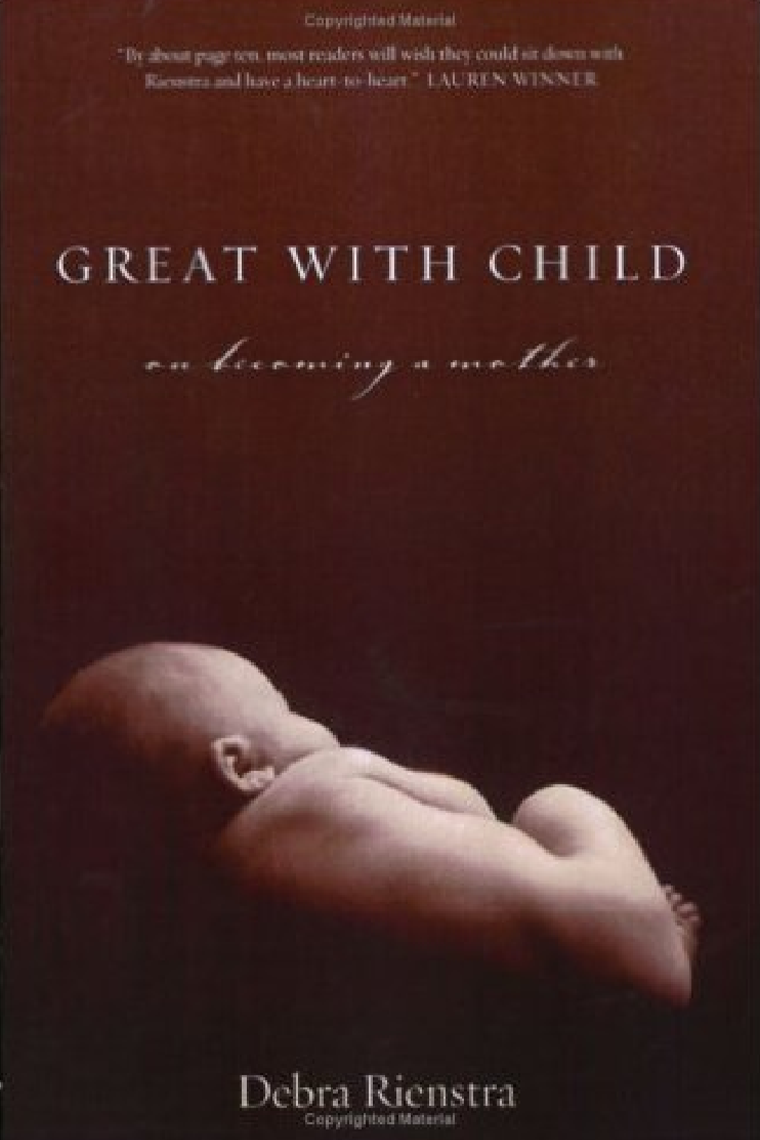Published: April 2008
Publisher: WordFarm
Retail Price: $22.00
Subject Category: Memoir
Length: 298 pages
Binding: Paper
ISBN: 978-1-60226-003-0
Debra Rienstra’s meditative account of her third pregnancy and her son’s first year was originally published in hardcover (2002) and paperback (2003), both by Tarcher/Putnam. A paperback edition is still available through WordFarm.
This memoir balances wit and reverence, reality and imagination—the mundane and the profound. Great with Child is a timely gift for mothers-to-be or new mothers.
From the Cover
Written during the months before and after the birth of the author’s third child, Great with Child is an honest, funny, and passionate portrait of the everyday developments and profound transformations of motherhood. Realizing that this third child would in all likelihood be her last, Debra Rienstra set out to chronicle her journey, both to savor it and to comprehend its reach. Through recounting the details of her own story — ultrasounds, labor, nursing in the middle of the night Rienstra lays bare how motherhood can alter and deepen a woman’s views on just about everything else: womanhood, the body, work, culture, God, … everything. Allusions to a wide array of sources, including the biblical Psalms, the poetry of Lucille Clifton, Jewish feminist midrash, and a Better Homes and Gardens baby book from 1953, weave through the narrative, illuminating the way that this primal experience colors and informs women’s lives. Rienstra reveals how — so much more than just an odd assortment of physical changes and fetal developments — bringing a child into this world reshapes the soul.
Content
1. Longing
2. Possible Futures
3. Loss
4. Life
5. Weakness
6. Waiting
7. Fear
8. Joying in the Body
9. Ordination
10. Nesting
11. Him
12. Fullness
13. Danger
14. Birth
15. First Days
16. Breast Feeding
17. Later Weeks
18. Sleep
19. Attention
20. Little Man
Afterword
Acknowledgments
Suggested Reading
Permissions
Discussion Questions
Excerpts
Perhaps we should consider the special, holy work of pregnancy as the truer picture of all that human beings do, all our actions in this world. We fuss and flurry about anxiously to build and achieve and secure, thinking that the successful results redound credit to us. But all that we are and are capable of is a gift, ultimately. Whatever is blessed about one’s birthplace, education, family, health, all this is a gift. The encouraging words of a teacher, a job opportunity proffered by a friend, a gorgeous sunset that appears just when life seems entirely gray and hopeless, all these are gifts. Even nasty or frightening or difficult circumstances sometimes get salvaged and lead to something surprising and beautiful. How then can we claim any accomplishment as truly our own? All things are brought into being by God. I do not mean to imply that free will is an illusion; our individual wills are real. But our actions are caught up in God’s patient and elastic plan. To paraphrase Proverbs: “A woman’s mind plans her way, but the Lord directs her steps.” We can damage and destroy God’s direction, or we can participate willingly and attentively. But the outcome does not belong to us. Pregnancy, then, with its disconcertingly unconscious progress, may be the truer picture of our histories, individual and cosmic. Ultimately, we simply watch in wonder for God’s work to unfold into its vast and intricate completion.
The most amusing part of this nesting urge is the element of anger. Where does that come from? Why does every little bead on the floor and fuzz heap under the bed seem a personal affront? Why am I on this vendetta against all things dusty and cluttery? Perhaps it’s my own revenge against that law of the natural world that my scientist brother would label the second law of thermodynamics: all things tend toward entropy. In other words, left to themselves, things fall apart. Keeping them together requires constant energy. This is true both of galaxies and children’s closets. So I may well be lashing out in anger at the very nature of the universe here. Well, why not? The universe could use a little sprucing up.
Too bad this anger does not currently seem aimed at the great messes of the world. What might happen if expectant mothers everywhere would band together and sally forth, buckets and mops raised in their rubber-gloved hands, and aim that nesting energy at problems like interethnic violence or environmental pollution? Unfortunately, this instinct seems quite determinedly limited to the small scale – kitchen drawers and car interiors. If anything, I want more than ever to shut the big problems of the world out. I am fiercely focused on bringing a child into a world of beauty, wonders, and love, and I can only make that appearance take effect in my own little domain. My nesting is just for the next, not for the whole forest.
Maybe I am moving a little unnecessarily beyond the basic, logistical needs of preparing a bed and getting diapers and few items of clothing together. Clearly, this tiny person is not going to care whether the arms of the pink chairs have been shampooed. All this is obvious to Ron, as his furtive eye rolling reveals. But after all, we are about to welcome royalty into our home. There’s something in my motherly soul that urges me to prepare as if for the arrival of a prince. Wordsworth had this instinctive infant regality in mind, I think, when he wrote in his poem “Ode: Intimations of Immortality” that “trailing clouds of glory do we come/ From God, who is our home:/Heaven lies about us in our infancy!” Of course, these beautiful lines do make me wonder if Will was every present at an actual delivery. Probably not. Births are exceedingly earthy affairs, leaving the floor strewn with blood-soaked linens and wads of gauze and various fleshy items that used to be tucked neatly into one’s private insides. But Wordsworth was right about the fresh wonder of a newborn baby’s very first breaths. Out of the earthiness, a star of mystery rises. We understand so much about the body and its processes, about gestation, about delivery, about infant physiology. And yet the personhood, the soul-essence of each infant, appears as a glorious mystery.
It’s hard to know how to honor this properly at the moment, or how to prepare for it. So as women have done for centuries in the face of the great and mysterious events of existence – birth, death, illness, marriage – we clean and cook. We turn to the plainest tasks and perform them with reverence and determination. Sometimes with a ferocity that annoys everyone around. It’s simply a time-honored and productive way of dealing with something we recognize is much bigger than ourselves. For so long, so few women learned how to honor the magnificence of existence with the larger, louder poetry of art, architecture, music, and poetry itself. We’ve learned that now, too. But still the simple responses of the hands, or maybe I should say, the hands and knees, remain. In the face of the profound, we begin with the simple, and work.
Awakening from some dreaming depth, in which I was someone and somewhere else, I hear a knock on my hospital room door. Oh yes. The hospital, the middle of the night. I know where I am now. “Your baby is awake and hungry,” the nurse says softly. “Would you like to feed him?” In the dark, I raise up my stiff, heavy body on one elbow, reach for the height-adjusting buttons on the side-rail of the bed, and shove the pillows awkwardly into place behind me, trying not to wrench any of my sore muscles or put any real weight on my bruised bottom. The nurse hands me a little cocoon of blankets with a tiny face peeping out. She shows me Philip’s ID tags, but I know he’s mine; I already know that face. His eyes are dark and shining, wide awake, his tiny mouth pursed open and waiting. We unwrap his upper body and two wiry little arms pop out of the blanket, like featherless bird’s wings unfolding. I know how to hold him against me and place my comparatively enormous dark nipple into the pink circle of his mouth. He has a good idea what to do, too. Once we get started, the nurse leaves us alone, and I lie there, watching his jaw work and adjusting his position, keeping him going with a jiggle or a stroke on his cheek. Half vigilantly attentive, half in reverie; half awake, half dreaming; utterly joyful yet frightened; euphoric yet profoundly tired. Now begins a swirl of twilight states that will bump me across the hours for the next many weeks.
This was all harder the first time around, when the shock of the baby as literal burden continually rattled me. I felt as if I would never again have both hands free. Everything I did required skewed elbows and a sturdy back, because babies like to be held. They cry less when held, which is good for one’s sanity. So I was always carrying a baby on my left forearm or slung over my shoulder. Would I ever be able to hold the toast with one hand while I spread butter with the other? Would I ever be able to hoist the laundry basket up the stairs with both handles rather than dragging it, bumpety-bump, behind me? And what about going to the bathroom? Would I ever be able to do that without hitching my pants back up inch by inch, front-back, front-back, with one hand?
This time, I already know the answer: No. It’s true that eventually the baby grows and lands on his feet and walks around, and you do have two hands free, at least for a few minutes at a time. Of course, then children enter a period of several years (sometimes decades), during which they are as civilized and controllable as goats. But even when baby is sleeping and damage control is not the issue, it feels as if you never put him down. People talk about how children change your life, by which they usually mean the day-to-day arrangements of what you do. But the real change is inside. A child changes the shape of your soul. No longer am I only myself; always, always this baby is on my mind, in my heart. Miriam and Jacob altered the contours of my soul before they were born and have settled there for good. Over the years, they have enlarged it, I think, stretching it even more quickly than their small bodies have grown.
This deep alteration is different from marriage, though that changes the psyche, too, or at least it ought to. I’m connected to Ron, hooked together side by side like two kids in a three-legged race (and sometimes about that graceful). But the babies, I carry in every way. So I’m not shocked by Philip as a new bundle on me – I said good-bye long ago to my independent, streamlined, hands-free self. Philip simply makes me more bulky, psychically speaking.
Maneuvering around the corners of life – changes, decisions, growth – is much more complicated when it’s not just me: it’s all of us now. Parents can never use the little carry-baskets in the great, crowded grocery store of life. Instead, they have to push a big cart up and down the aisles, skidding along with all the kids clinging and clamoring. And sometimes behaving like goats.
I stride along the road that runs across the top of the dune bluff, high above Lake Michigan. I look out at that broad horizon, soft and beautiful like a silk thread edging the slate blue satin, the living waters of the lake. The horizon curves far to the south and north, and I see the greatness of the earth, the vastness of time. It feels cozy and safe, somehow, to be so small against it.
Perspective is what I need most right now. The days have been going by so fast. Events come zinging at me and then they’re past, wave after wave. My feet pound the asphalt, my arms swing, and I think how strong I feel again, how streamlined and agile. Then I wonder if this new strength isn’t quite as rich as the weaknesses of the past two years. Can I feel as deeply now? Am I still cracked open enough for life-water to seep in?
When I was a teenager and a younger woman, I used to walk several miles a day and spend the time in fairly concentrated meditation. These days, a walk is a rare treat and sustained prayer beyond my capability. Well, I have learned that a robust prayer life may be a fine and desirable thing, but a lousy prayer life works for a while, too, in a pinch. Making sense of things in snatches while waiting for the tea water to boil or driving to the office or helping Philip down the slide for the fortieth time – it’s all right. God can build things with pitiful dribbles of thought, too. Anyway, I think experience might have advantages over prayer. Chattering away at God we can block out what we need to hear. But when we’re busy in the middle of things and our guard is down, sometimes whatever astonishing truth God needs us to recognize can take us by surprise.
Maybe I’m not as cracked open as I have been. But whatever slipped into me these last few years still burns there. Everything burns more now, more painfully and more energetically. I’m angrier, more passionate, tougher and softer, too. Maybe becoming a mother has invested me deeper in the world and in the eternal, for good. It’s put me in view of the horizon and set me walking with the fiercer winds.
Study Guide
Of course I hope that readers will respond to whatever in the text strikes them. And that they will share their own stories of hoping to get pregnant, loss, pregnancy, birth, and the first year. If the book does nothing but encourage women to share their stories, that in itself would be a worthy outcome.
The questions here aim at those underlying spiritual issues that so fascinated me during this passage of life, and I hope they will spark discussion both for mothers and women who are not mothers. They correspond roughly to the chapters.
1. In what ways do you experience or claim the “reckless yes”?
2. How might we find power and wisdom in our monthly cycles?
3. What things have you desired but had to learn to live without? How does God fit into this sense of loss for you?
4. When has God said yes to you? How might we hold to those times during passages of life when God seems to say no?
5. How have you experienced the cost of pregnancy, motherhood, or serving others?
6. How might women convey the wisdom of attentive waiting to the rest of humanity?
7. Motherly fears are legendary in their power. How can we cope with them in faith?
8. Do we hate our bodies? How can we love them, and teach our daughters to love their bodies?
9. Do you tend to regard God’s will for you and those you love as “destiny” or “ordination”? What difference does it make?
10. Does the myth of Psyche offer any insight on your own life, work, and struggles?
11. Why is pregnancy often a difficult time in a marriage?
12. How can we celebrate the pregnant woman and her body without patronizing her?
13. In contemporary American culture, have we lost the spiritual dimension of the birth process? How could we claim it back?
14. How can we make a place to listen to one another’s birth stories?
15. How can we be more truthful and accepting both of the difficulties and euphoria of the first few weeks after birth and of breastfeeding?
16. Feeling fragmented and foggy is a common state for mothers. Is there any way to make friends with this condition? Can anything good come of it? What ways can we care for ourselves and others during these foggy times?
17. When have you felt rescued or healed? What contributed to that rescue or healing?
18. Do you experience a “dynamic tension between guarding our individuality and surrendering to this blissful merger” (p. 272)? How can we help our daughters and sons live that tension better than our generations have?
19. If you are a mother, what has motherhood taught you about the nature of God?
Reviews
Endorsements
Resources

Hamnet: Quiet Grief, Sentimental Speculation
Hamnet is getting excellent reviews, deserved in many ways. Beautiful cinematography, excellent acting, quiet and intensely sad—you can plan on a couple Oscar nods for this one. As your resident Shakespeare professor, however, I will suggest—no surprise here—that the film is only tangentially related to the actual Shakespeare.

Beavering Our Way, Reformed Style
In a world threatened by drought, fire, and soil erosion both literal and metaphorical, we are working together here to create a healthier ecosystem of thought and reflection.

Angels At Large
“Ha ha. Anyway, I’m OK. Actually, I’m in a better place now, you know? Having ‘Angel At Large’ status for a while isn’t so bad.”

Refugia Podcast Episode 40 Kipuka to Kipuka: Islands of Life, Faith, and Restoration
Our final episode of Season 4! This week, we travel to Hawaii with a whole troop of good people to visit some remarkable refugia spaces near Kaneohe Bay on Oahu. This episode, produced by Colin Hoogerwerf and Jim Stump, first aired on the Language of God podcast in April of 2025.

Refugia Podcast Episode 39 Seeds of Peace and Hope: Christina Bagaglio Slentz and the Diocese of San Diego
Today, I’m talking with Dr. Christina Bagaglio Slentz, Associate Director for Creation Care at the Catholic Diocese of San Diego. Christina has a background in sociology, with a PhD in international studies and global affairs. She’s also a Navy veteran. Today, she serves a diocese of 97 parishes, helping to guide and empower people in their creation care work. The Diocese of San Diego is a microcosm of diverse biomes and diverse people, and it’s a fascinating example of refugia, because as a diocese, they are doing all the things. Christina and I talk about Laudato si’, solar energy, economics, eco spirituality, environmental justice advocacy, the centrality of the Eucharist, and the mutuality between caring for neighbor and caring for the Earth.
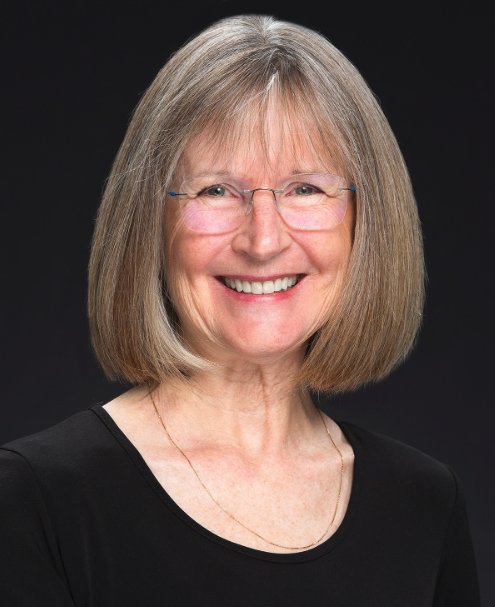
Refugia Podcast Episode 38 So Much Joy: Linda Racine and Traverse City Presbyterian Church
In 2022, there were multiple policies or overtures passed focused on creation care, and it really put out an alarm, saying “It’s serious, folks, the Earth is really in trouble. So we need to take strong action.” And they were encouraging all churches to reduce their carbon emissions by at least 25% in the next four years and get it down to net zero or net positive by 2030. A group of interested folks at church looked at that and said, “Let’s do it. Let’s go for it.”

Two Creatures, in Brief Encounter
I was right on top of her, taking down the platform feeder, when I finally noticed the tiny chickadee struggling frantically. She was caught in the tangle of netting and wire I had foolishly bunched on top of the squirrel baffle.

Refugia Podcast Episode 37 Land as Primary Text for Healing Community: Elaine Heath and Spring Forest
Elaine Heath is the abbess of Spring Forest, a new monastic community in Hillsborough, North Carolina. Spring Forest centers around communal prayer and meals, a vibrant farm, refugee support, and other ministries you can read about here. You can learn more about Elaine’s work as an author and speaker on her website, or in articles like this one from the Center for Action and Contemplation.

Refugia Podcast Episode 36 True Woo: Pete Nunnally and Water and Wilderness Church
Father Pete Nunally is the founder of Water and Wilderness Church, a Washington DC-based outdoor church and watershed community. You can read more about the model of Water and Wilderness Church here. Father Pete is a passionate and well-spoken advocate on his social media pages and other forums, as in this interview with Creation Justice Ministries.

Refugia Podcast Episode 35 Peacemaking at the River: Doug Kaufman and the Anabaptist Climate Collaborative
Doug Kaufman directs the Anabaptist Climate Collaborative, an organization that leads climate justice initiatives from an Anabaptist faith perspective. Doug and his team support Mennonite and other Anabaptist churches, helping to build networks, train leaders, and empower climate-related initiatives. Doug describes environmental work as a form of peacemaking, a way of countering the slow violence of actions that cause and exacerbate climate change. Thanks to Doug for geeking out with me on theology and offering some glimpses of Mennonite climate work.
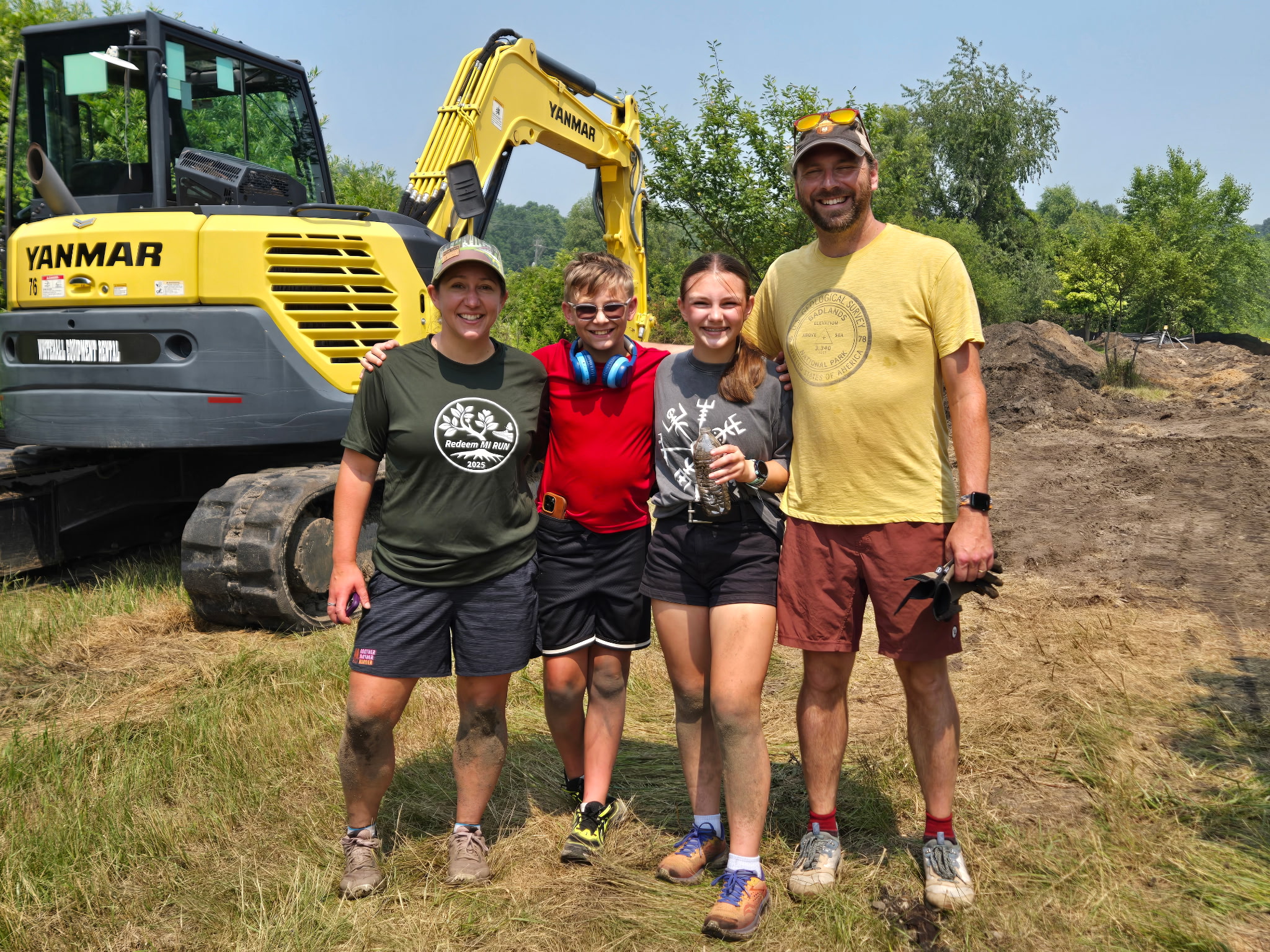
Refugia Podcast Episode 34 A Parable of Redemption: Dave Celesky and Redeem MI Land
Today I’m talking with Rev. Dr. Dave Celesky, pastor of Unity Reformed Church in Norton Shores, Michigan. I’ll be asking Dave about the nonprofit organization he founded called Redeem MI Land, with “MI” spelled “M-I” for Michigan. The idea is to have churches or faith groups purchase a piece of degraded land, and, with community partners, redeem and heal it. Dave speaks eloquently about how this work can serve as an embodied parable for redemption and create vital community connections through a shared project.
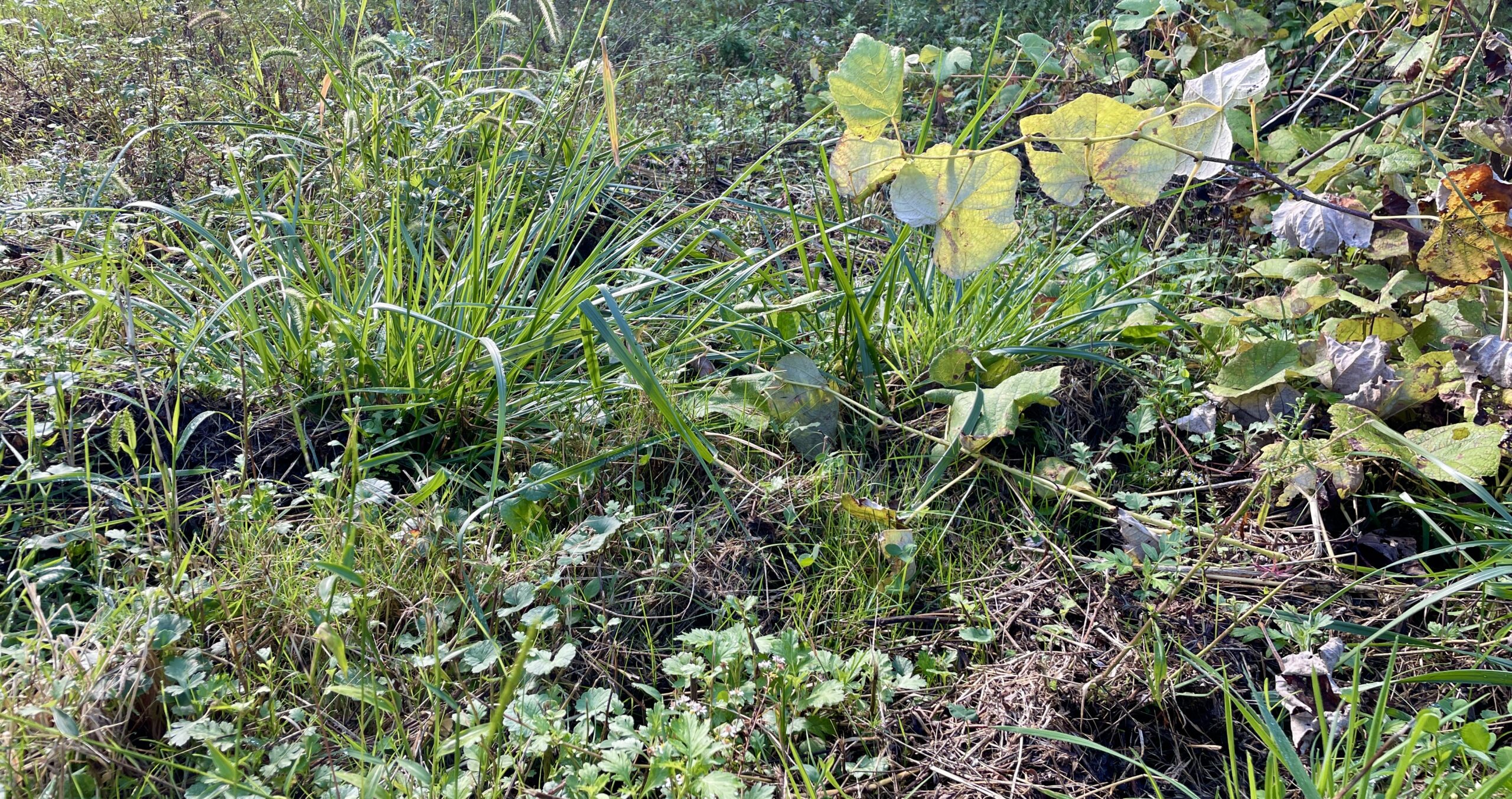
A Field Guide to Invasive Weeds at Church
If we think of the church as a garden—or maybe a vineyard, to be more in keeping with Jesus’ kingdom parables—that would suggest that we need to keep after the weeds. If we want to bear fruit and continue to cultivate healthy soil, well, some plants just don’t help. They take up nutrients and space that could be going toward the good fruit. The invasive ones become aggressive and can easily take over the whole garden if left to their own devices.

Refugia Podcast Episode 33 The Garden Became the Steeple: Heber Brown and the Black Church Food Security Network
Today, I’m talking with Rev. Dr. Heber Brown, founder of the Black Church Food Security Network. Beginning with a small congregation, a 1500-square foot garden, and a divine calling, the Black Church Food Security Network now connects 250 Black churches and 100 Black farmers in the Mid-Atlantic states and beyond. Reverend Brown’s story weaves through issues of health justice, food security and climate resilience.
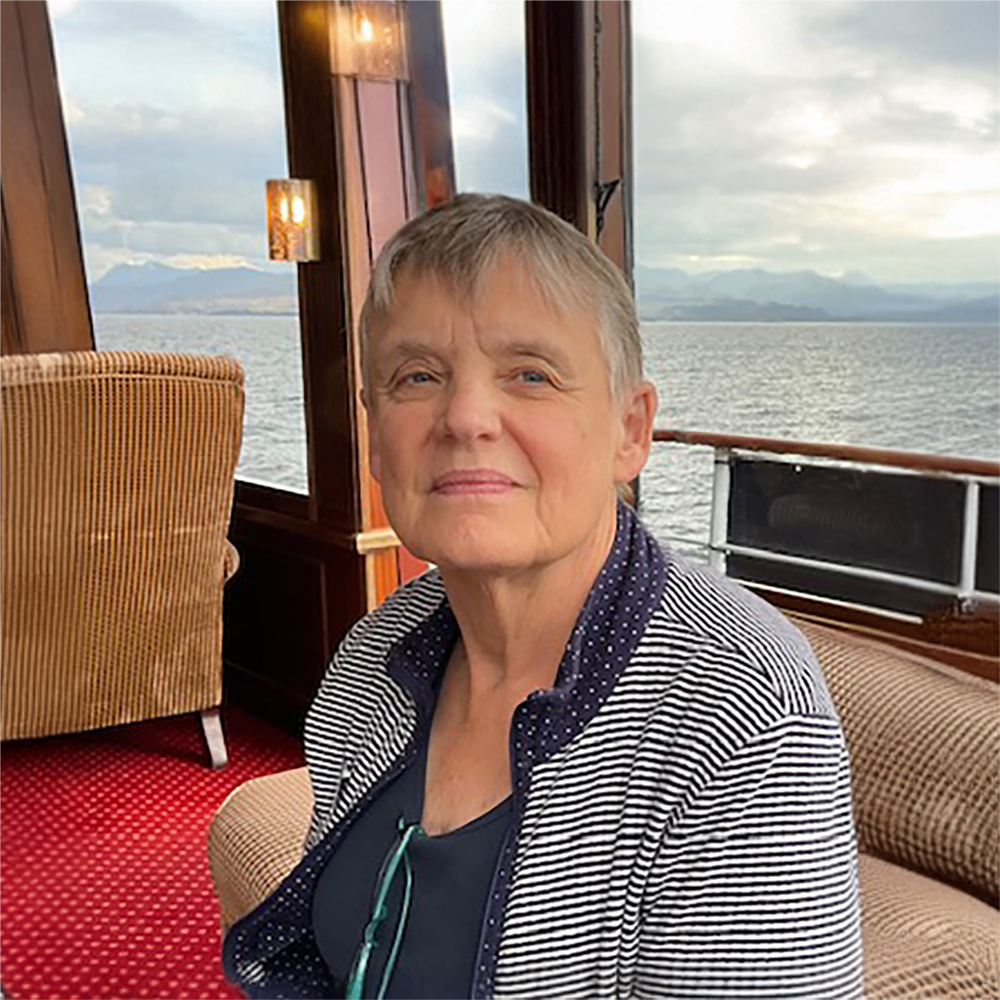
Refugia Podcast Episode 32 It All Started with Styrofoam Cups: Judy Hinck and Mount Olive Lutheran
It All Started with Styrofoam Cups: Judy Hinck and Mount Olive Lutheran

Why Are Churches “Declining”?
We can attempt to answer that question any number of ways, but sociology can offer some helpful insights. I read Notre Dame sociologist Christian Smith’s new book, Why Religion Went Obsolete, earlier this summer, and I found it breathtakingly explanatory for much of what I’ve witnessed in my own experience across the past six decades.
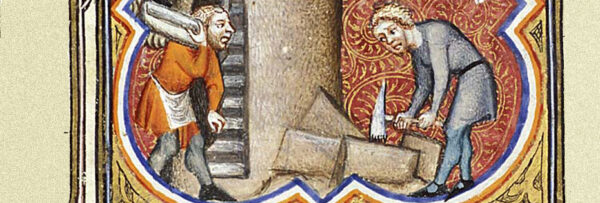
What Is Mature Hope?
Fortunately, the sociological literature on hope is a growing field. Can a bunch of sociologists offer us some insight on hope? I was recently part of a lively conversation in which we tried to figure that out.

